One of the biggest, most dangerous misconceptions about cancer is that it always ends in a tragic death. The recovery stories we’ve seen and heard from loved ones and friends prove that this isn’t true. The simple truth is that cancer is curable and treatable. Yet, it largely depends on an oft-ignored doctor’s call: early detection and cancer diagnosis. Laboratory tests done in a timely manner increases patient survival.
Prevalence of cancer in the Philippines
Next to heart diseases, cancer was the leading cause of death among Filipinos in 2020, according to a recent report from the Philippine Statistics Authority cited by CNN Philippines. Over 60,000 Filipinos died of cancer last year. Although the figure is a 9.3-percent decline from the death toll recorded in 2019, one death is too many, as the old saying goes.
In terms of specific types of cancers, lung cancer had the highest mortality rate in 2018, followed by liver, colorectum, and then breast cancer, as shown in the World Health Organization’s latest cancer country profile. While these figures are saddening, the truth is that cancer diagnosis doesn’t have to be a death sentence.
With the advancements in medicine and technology today, there’s a wide array of treatments available. Here at Maayo Well, for instance, we offer comprehensive health services for cancer patients. But as mentioned, in the matter of cancer treatments, early detection and treatment play a huge role.
Early diagnosis and treatment and cancer patient survival
If you’ve been following the cancer awareness movement in the country and abroad, you’ll notice that the message across the board focuses not only on educating the public about certain types of malignancies. It also encourages health procedures and laboratory tests for early cancer diagnosis.
Doctors and advocacy groups call for regular check-ups especially if you are at risk, say, you are of a certain age, have a family history of the disease, or have specific lifestyle habits, such as smoking or drinking. Early cancer diagnosis and timely treatment is even enshrined in our own cancer control law, which was passed in 2019.
 Photo courtesy of Thirdman via Pexels
Photo courtesy of Thirdman via Pexels
Why exactly is early detection, diagnosis, and treatment important? In a nutshell, it increases cancer patient survival and improves quality of life. Getting examined at an accredited testing laboratory in the Philippines, therefore, must be your priority if you’re at risk for certain types of malignancies. Here are the specific ways you or your family member can benefit from early detection and cancer diagnosis:
1. You have the best chance of fighting cancer.
Cancer detected and treated at an early stage has a greater chance of survival than when it’s detected late. The “five-year survival rate” is a measure used by health professionals to refer to the percentage of people who survive for five years after a cancer diagnosis.
In breast cancer, the five-year survival rate is a staggering 99 percent in its early stages, when cancer hasn’t spread yet outside of the breast where it started. The survival rate shrinks to 28 percent in advanced stages, when the tumor has spread to other parts of the body. In some instances, late diagnosis is caused by patients delaying seeing their doctor or getting tested.
This huge gap of survival rates between an early and late diagnosis should compel the public to go through diagnostic procedures regularly or when they are at risk. Outlined in the table below are the survival rates for other cancer types, according to Cancer.org.
| Type of cancer | Five year-survival rates when cancer hasn’t spread to other parts of the body | Five-year survival rate when cancer has spread to other parts of the body |
|---|---|---|
| Lung Cancer | 63% | 7% |
| Liver Cancer | 34% | 3% |
| Thyroid Cancer (papillary) | Nearly 100% | 76% |
| Bone Cancer (chondrosarcoma) | 91% | 22% |
| Colon Cancer | 91% | 14% |
| Rectal Cancer | 89% | 16% |
| Cervical Cancer | 92% | 17% |
| Ovarian Cancer | 93% | 31% |
| Prostate Cancer | Nearly 100% | 30% |
The bottom line is that you have the best chance of fighting a fatal disease when you go through diagnostic procedures. Here at The Hospital at Maayo, we have our own diagnostic center that offers different kinds of laboratory services and tests aimed at reducing the number of cancer-related deaths in our country.
2. You can be more proactive about your health.
When you have an early cancer diagnosis, you have the opportunity to adopt healthier lifestyle choices. These changes will give you a sense of being in control of your well-being in the midst of a hurry and flurry of treatments. Below are some of the lifestyle adjustments you can make:
- Embrace a healthy diet. This will help in managing the side effects of cancer and recovering quickly. Include vegetables and high-fiber food in your meals.
- Exercise regularly. This reduces the fatigue and loss of strength after cancer treatments. Find a fitness routine that is safe for you.
- Eliminate stress. This will help strengthen your mental health, especially at a time of great uncertainty. Use relaxation techniques, such as meditation and deep breathing.
3. You have more time to plan with loved ones
Other than physical health benefits, an early cancer diagnosis offers you socio-emotional advantages. Since the disease is still in its early stages, you can take the time to process the reality of the disease with loved ones. You get to have an open discussion with them of what you want in terms of treatment, which is very crucial in case the disease progresses. This eases anxieties and prevents disagreements down the road.
 Photo courtesy of Bich Tran via Pexels
Photo courtesy of Bich Tran via Pexels
Outside of medical matters, you can reflect on what else you want to accomplish in life. Travel the world? Run a marathon? With an early cancer diagnosis comes timely treatment. Therefore, you can power through the disease and live a full life.
4. You’re less likely to deal with costly treatments.
On top of the physical and socio-emotional benefits, there are financial advantages to having early cancer diagnosis and treatments. For one, the cost of treatment is much less when you catch the disease in its early stages.
Secondly, most people find cancer symptoms manageable at this point, so they’re able to still work, support the family, and fund their treatments. Thirdly, as mentioned above, the chance of surviving cancer is greater when it’s treated early on. Thus, you can avoid costly procedures down the road. These financial benefits ultimately give you peace of mind, which can contribute to a better quality of life while on treatment.
Laboratory tests used to detect cancer
An early cancer diagnosis makes a whole lot of difference to a patient’s life, physically, emotionally, socially, and financially. There’s a host of procedures and laboratory tests to determine if a malignancy is present in the body. Here’s an overview of those examinations:
| Type of cancer | Diagnostic procedures |
|---|---|
| Breast Cancer | Magnetic Resonance Imaging (MRI), mammogram |
| Lung Cancer | Computed Tomography (CT) scan, sputum cytology, biopsy |
| Liver Cancer | Ultrasound, CT scan, MRI, blood test for cancer |
| Thyroid Cancer | Ultrasound, CT scan, MRI, chest x-ray, radioiodine scan, positron emission tomography (PET) scan, biopsy |
| Bone Cancer | MRI, CT scan, x-ray, bone scan, bone marrow biopsy, |
| Colorectal Cancer | Stool tests, colonoscopy |
| Cervical Cancer | Pap smear, HPV DNA test, punch biopsy |
| Ovarian Cancer | Pelvic exam, ultrasound, CT scan, blood test for cancer |
| Prostate Cancer | Prostate-specific antigen (PSA), blood test for cancer, biopsy |
Your physician should be able to discuss with you how these diagnostic procedures are done. Before the screening or laboratory test, our Cebu doctors here at Maayo Well give patients instructions on how to prepare for the procedure, including what to eat (or what not to), what to bring, even what to wear. Some tests may be uncomfortable, so some doctors would recommend taking some medications before or after the procedure.
 Photo courtesy of MART PRODUCTION via Pexels
Photo courtesy of MART PRODUCTION via Pexels
Remember, early cancer diagnosis can save lives. It can save yours or your loved ones’. If you’re at risk for any type of cancer, make it a habit to go on regular doctor consultations and check-ups. If you’re interested to know more about cancer diagnostic procedures and laboratory tests, don’t hesitate to set up an appointment with us.


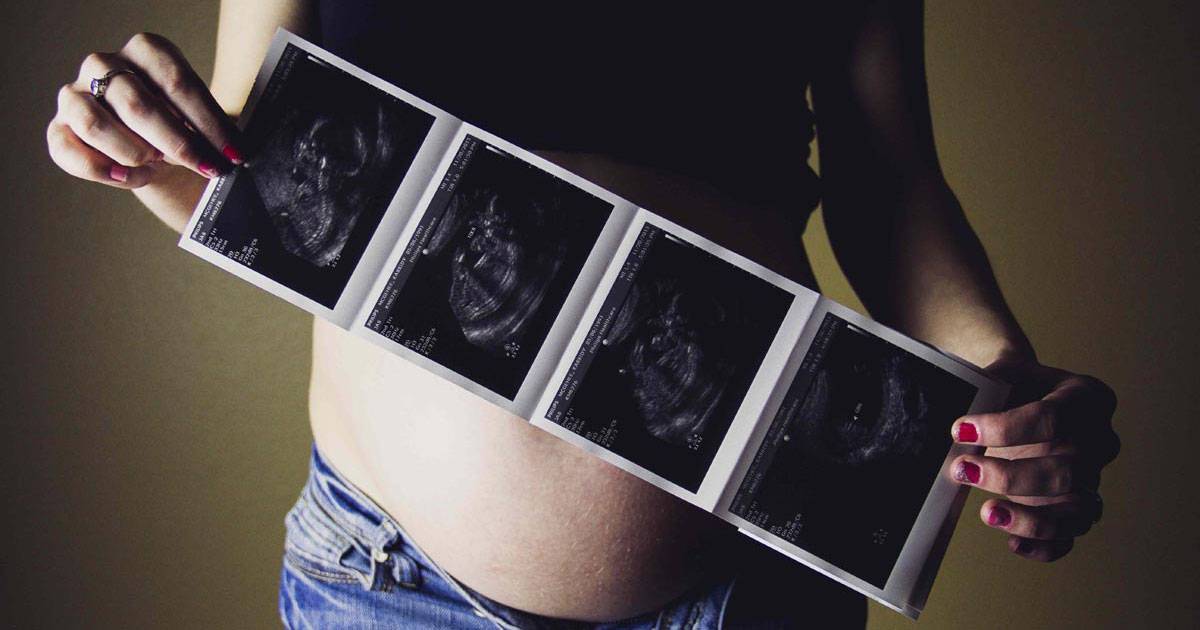
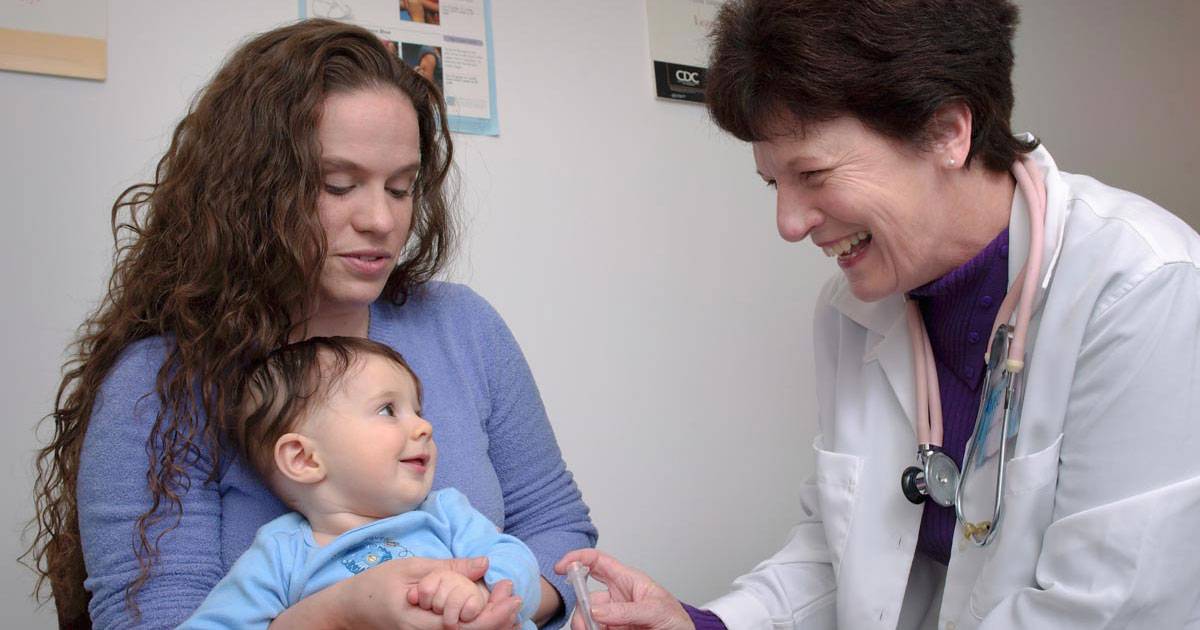
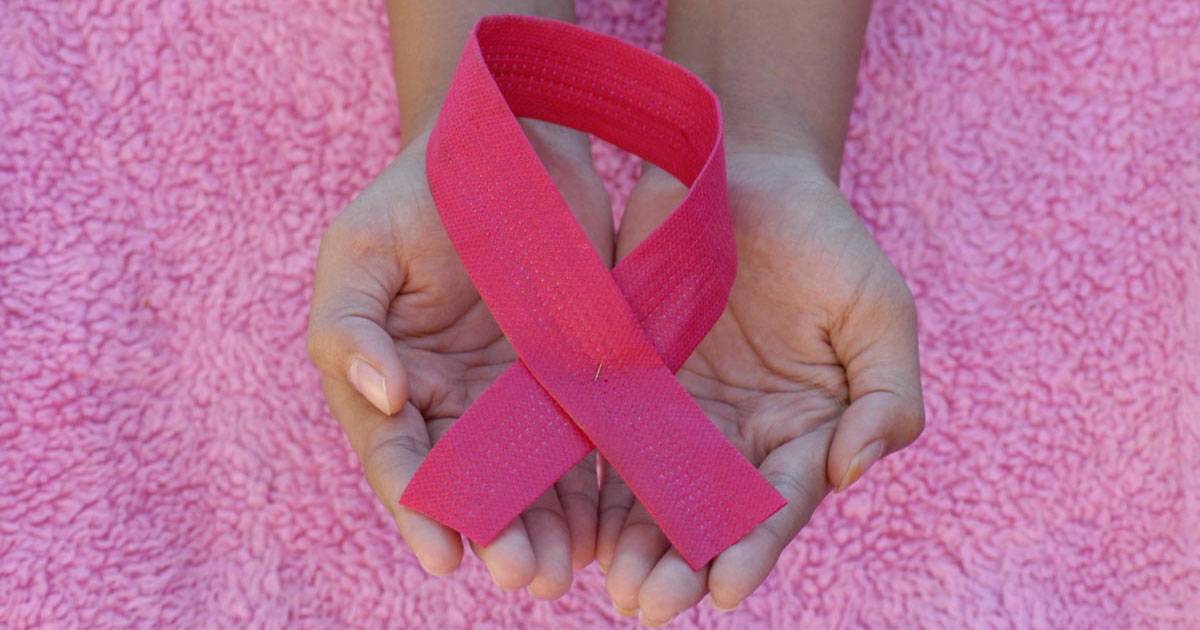
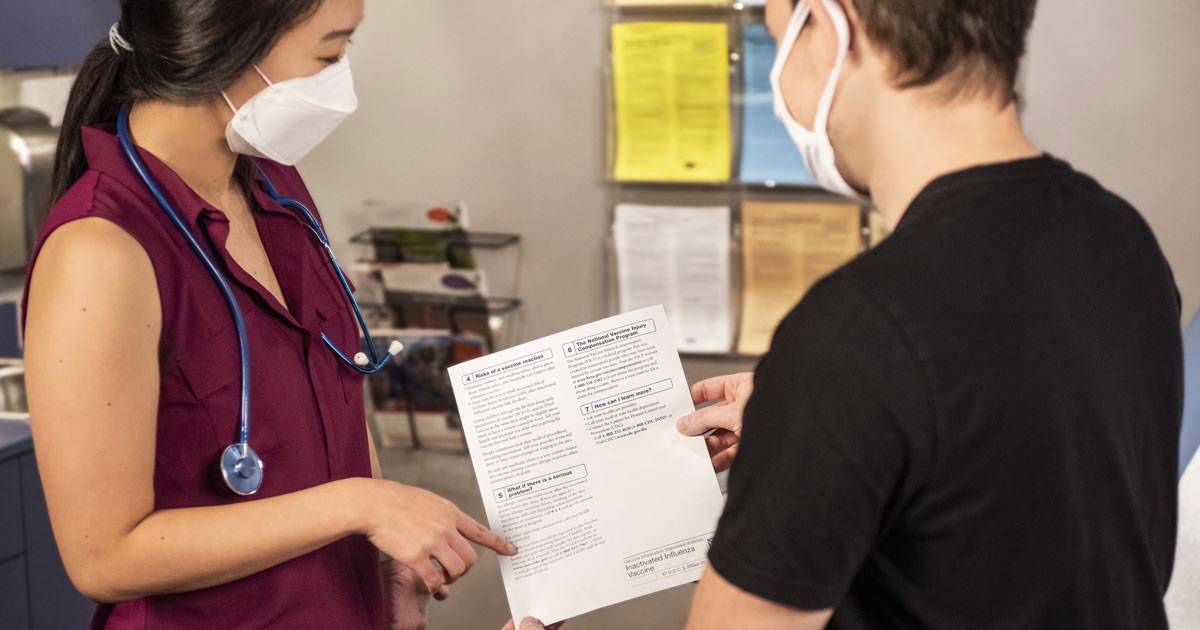











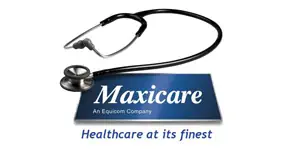

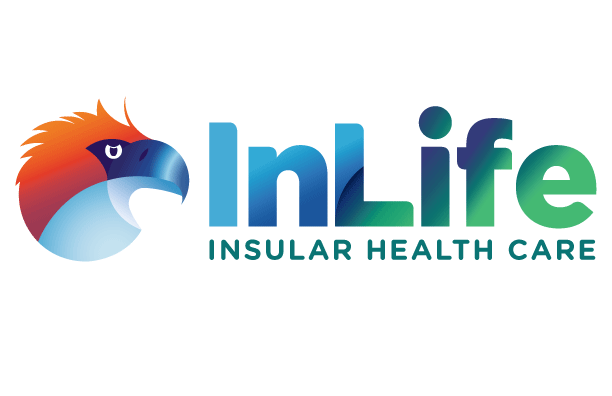


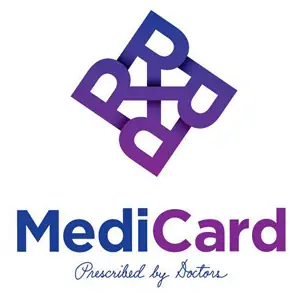
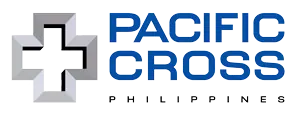

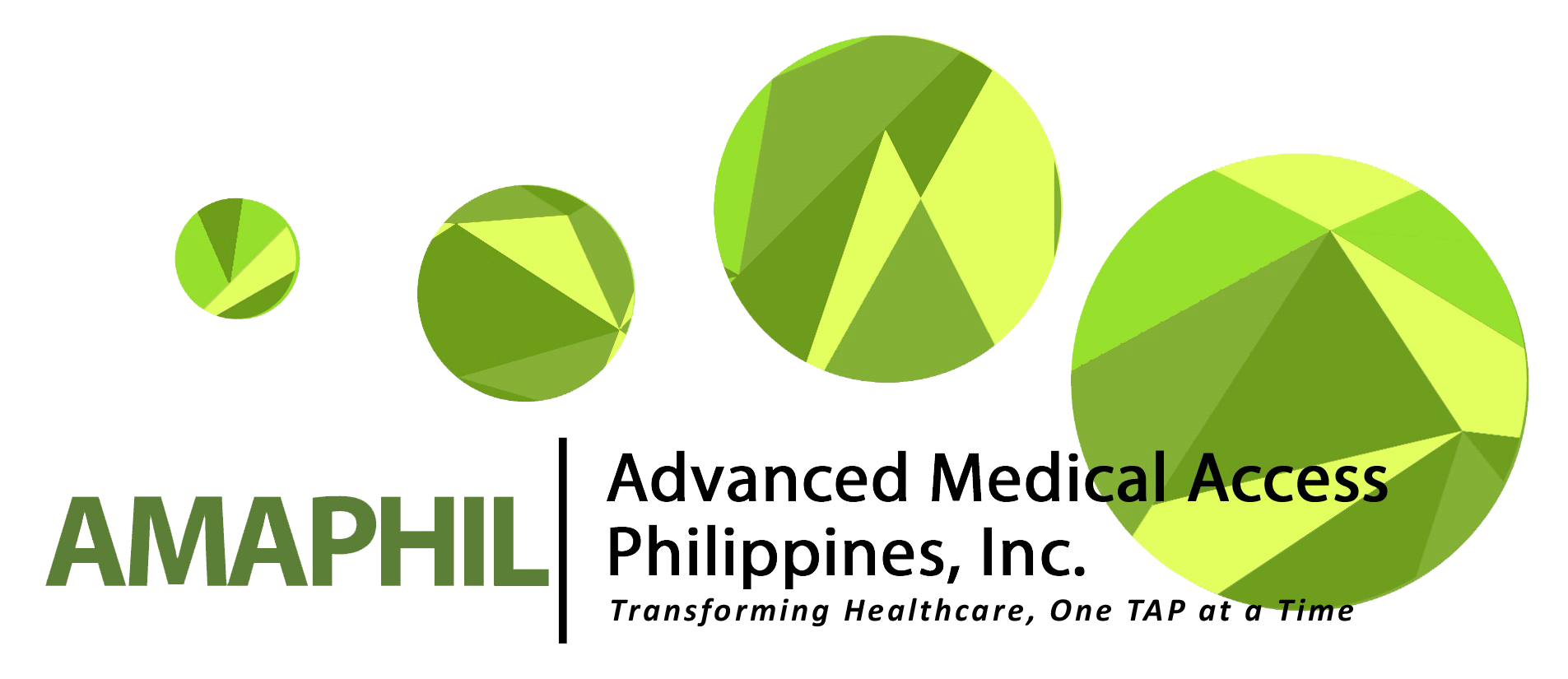


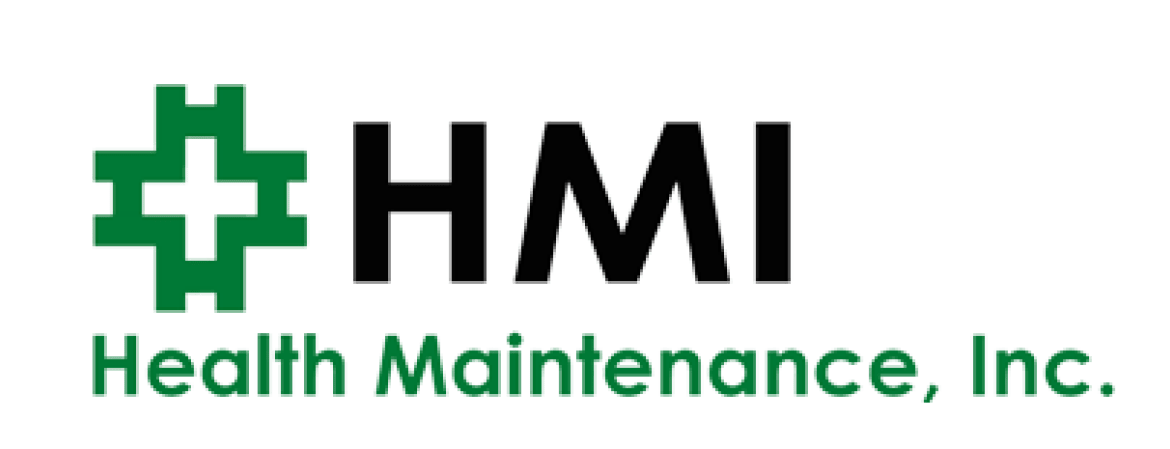



Leave a Reply